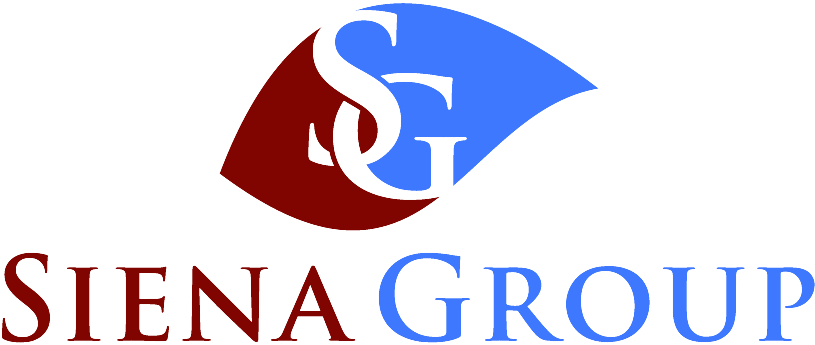Hiring Beyond Technical Skills, Part Two: Identifying Soft Skills for Leaders
by Keith Brown, President & Owner, Siena Group.

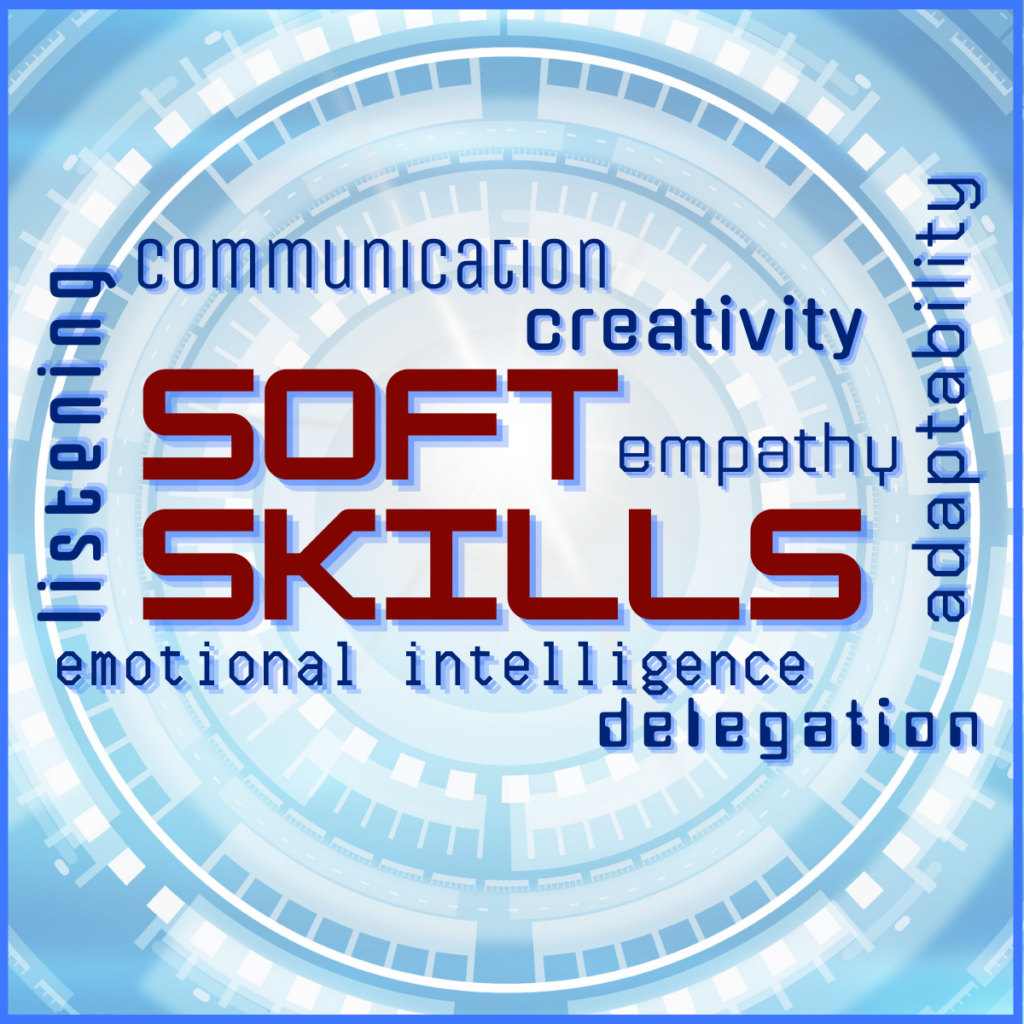
Earlier this month, we explored the importance of hiring beyond technical skills. Yes, technical skills are the nuts and bolts of great candidates, but other parts of the engine are just as significant. To be an effective team member – and leader, candidates need MORE than technical skills and knowledge… they need soft skills. We all do.
To get us caught up and pick up where we left off, we explored soft skills (specifically for leaders) and how to assess those skills during the interview process. From there, we will explore each skill in more detail and then get into how to ascertain competency in those skills.
IDENTIFYING SOFT SKILLS
The list below isn’t comprehensive nor scientific – we just took a quick sampling of several articles and took the liberty of generating our own version.
COMMUNICATION. Effective communication is on every list – though it may not be explicitly listed this way. The fact is that being able to effectively and efficiently communicate ideas, persuade others to support your position, negotiate to improve outcomes are absolutely imperative for leaders and individual contributors alike. There are a myriad number of tools that exist to improve the overall flow of information – email, text, phone, video calls, and more. The most important one is face-to-face interactions! All the other methods are crucial for timeliness and efficiency… but don’t scrimp or under-value the impact of investing time together (that means in-person!) with your team members.
LISTENING. Listening is different. Yes, it is a component of communication… but there is a significant difference between hearing and listening! Forbes has a great article that expounded on this topic in their version of the list.
“Hearing and listening are distinct acts. Listening requires time and focus. Close your office door, silence your phone, sit with the person, and let them speak. Then, repeat what the person tells you to demonstrate that you’re listening and have internalized their message. Practice active listening. Smart leaders often can determine what someone will say before they finish speaking. Better leaders allow them to finish. As I’ve seen many life coaches point out, “listen” and “silent” are anagrams.”
It also briefly shared Stephen Covey’s 7 Habits of Highly Effective People habit #5: “Seek first to understand, then to be understood.” As a student of his book (trained as a new leader during my time at Kimberly-Clark Corporation), I can very much appreciate this particular habit. It takes practice… just like in the excerpt above.
EMPATHY. This dovetails well with the previous trait of listening. Good listening builds good rapport with your team which also builds and develops trust. All of this will help your ability to empathize – it demonstrates a level of care for your team that will help you as a leader in so many different ways.
The Forbes article referenced above recommends leaders “nurture your empathy.” “What is empathetic leadership? From my perspective, it involves respecting a team member’s voice, life circumstances and the need to balance work and home. It requires trying to feel what another person feels. It demonstrates leadership through compassion. It also demands making intentional connections to foster inclusion.”
But how do you learn how to do this well? First, ask for help. I’d start with HR given their training and, hopefully, their awareness of the team. Second, one-on-ones with your team can be a tremendous tool to utilize. The more frequently you do these with your team members, the more you will learn about them, relate to them – and them to you, and more. The side benefit is that you should also expect improved results given that you are more hands-on and actively leading your team through these interactions.
EMOTIONAL INTELLIGENCE (EQ). This is thrown around a lot. I had my own thoughts on what this means, but, as it turns out, there is a clear definition, and it can be broken down into four core competencies: self-awareness, self-management, social awareness, and relationship management. This Harvard Business School article gets into a lot of detail and cites several studies on the subject.
Again, there is a ton of information out there on this topic. With some research and reading, awareness of self is a critical part of this particular soft skill. Knowing yourself will help you identify when you are getting frustrated or angry at a situation or person – and in turn how to adjust your approach to maintain respect, walk in another’s shoes, and importantly, work to deliver results.
Leaders with a high level of emotional intelligence are more apt to:
- Understand their own best (and worst) qualities [self-awareness and self-management]
- Develop empathy for fellow staff, clients, and stakeholders
- Take the time to understand a concern and respond appropriately
- Recognize when other team members are struggling and offer encouragement
While some people seem to be born with higher emotional intelligence than others, this is a soft skill that can be developed over time – when you invest the time, effort, and energy.
As I work on senior leadership roles, especially at the executive level, this is the one skill on the list that tends to be called out more than others. The desire – and need – for senior leaders to have this soft skill is imperative. It is hard to ascertain but must be explored prior to making a hiring decision!
CREATIVITY. This is another skill that can be difficult to identify when interviewing a potential new leader. Being a creative leader simply means utilizing a unique approach to solving a problem, or using an innovative strategy to achieve a challenging KPI, or asking and leveraging the collective creative power of your team to solicit ideas and then implementing them together.
The last point is worth exploring further. We’ve all sat in brainstorming sessions. We’ve all been faced with a challenging problem. As leaders, we are asked to deliver results that are difficult to achieve. The best leaders clearly understand it will take the collective power of everyone, working together, and synergizing to hit that cost savings target or sales goal or OEE improvement. Being able to use the combined creative power of your team is an excellent way to do this – being creative in running the meeting and using your EQ and empathy to get everyone onboard and involved. The best way to win is to win together!
ADAPTABILITY. Another skill that leaders tend to already have in their tool chest is the ability to be flexible, adaptable, and willing to change. The ‘Human Imperative’: The Importance of Soft Skills for Leaders in the Age of AI is an article that details how Artificial Intelligence (AI) will influence the manufacturing world in the near and mid-term. We all struggle with how things will change with AI, and this is a perfect example of how leaders that can adapt – and develop strong soft skills – will be the ones that win.
“Successful leaders understand that business growth doesn’t rely on technology alone. In the age of AI, people skills — also known as soft skills — such as self-awareness, emotional intelligence (EQ), creativity, problem-solving and empathy are increasingly important. When employees are empowered with soft skills alongside training on vital, emerging technologies, they are more productive, imaginative, and innovative. When organizations are proactive in investing in the development of their employees, they maximize the benefits of AI and advancing technologies and simultaneously develop a workforce that is a key component of their competitive advantage.” (Human Imperative)
DELEGATION. This is easier said than done. How many of us have worked for a micromanager? Or on the flipside, in the face of a lot of cutbacks, how many of you have felt like you’ve been handed more and more responsibility because you are capable and because you are one of the last people there… and then not getting any help from the manager that loaded you up?!?
Micromanaging or dumping responsibilities on others is not delegating. It should be all about providing opportunities for your team members to grow and develop. Provide them with training to be better leaders. Offer technical training to improve their skills. Give them a new opportunity to lead – but be clear about expectations, timing, and more.
There are many resources out there on this particular item. This quick video provides a nice synopsis of how to delegate effectively. As a leader, it is “your responsibility to guide, support, and monitor how people are performing.” Simple concept… not followed as often as it should!
ASSESSING THESE SKILLS
This is the tough part. How can you assess candidates on multiple soft skills during your interview process? In one word: prepare. We’ve provided a few suggestions for each skill.
ASSESSING COMMUNICATION
- When asked a direct question, does the candidate provide a succinct answer… to the actual question that was asked?
- Do they reply in a way that is clearly understood?
- Do they ramble and lose track of what they are saying?
- When replying, are they giving specifics? Or just being overly general with industry jargon?
ASSESSING LISTENING
- Over the phone is the toughest way to assess.
- When asked a direct question, did they respond in kind with specifics?
- When they asked a question of you, did they make any remarks that demonstrated they understood your answer or are they just checking a box?
- Video conversations are better. The above bullets apply along with:
- Does the candidate look like they are engaged in the conversation?
- Are they taking notes and then responding effectively to the questions asked?
- Are they distracted by whatever is going on around them?
- In-person interviews are the best.
- Are they looking at you with intent or are they distracted?
- Are they distracted by their phone? (No kidding! This still happens!)
- As already stated, are they able to understand a key challenge they would face (if hired)… and can highlight a success they’ve had in a similar situation or do they just move on to another question?
ASSESSING EMPATHY
- For leader interviews, make sure to ask questions about how they stay connected with their team members.
- Inquire about how they handle performance reviews. How do they communicate how objectives and KPIs are being met?
- Ask about their leadership style and listen for things like, “I invest time on the floor getting to know the team – where their kids go to school, what sports they play, and more.” If someone is highlighting that kind of information, they tend to listen well and can readily empathize with their team.

ASSESSING EMOTIONAL INTELLIGENCE (EQ)
- Ask to find out how they handled a difficult situation – one where they were being negatively impacted by a project timeline or with a peer that was a challenge. Listen for cues about how they managed their own frustrations or anger.
- Inquire about how they interact with their senior leadership team – things they do to improve teamwork and camaraderie.
- Inquire about how their direct manager and his or her team interact when working through a challenging situation. This will reveal their ability to recognize emotions and self-regulation in other people, plus give you some insight into how they perceive others in the workplace.
- This one is all about how they handle adversity and listening for key words that point to self-awareness.

ASSESSING CREATIVITY
- With all of the questions you ask, make sure to listen for how the person applied different techniques or approaches to solve a problem or overcome an obstacle.
- Ask a direct question like: what was a creative way that you employed to deliver that [new business, improved OEE, technical challenge]?

ASSESSING ADAPTABILITY
- Ask about how they overcame obstacles in a particular challenge.
- Ask follow-up questions to learn about how they had to change to deliver results. Specifics matter!
- By the way, this applies to technical obstacles, organizational challenges, difficult employees, or overbearing leaders.
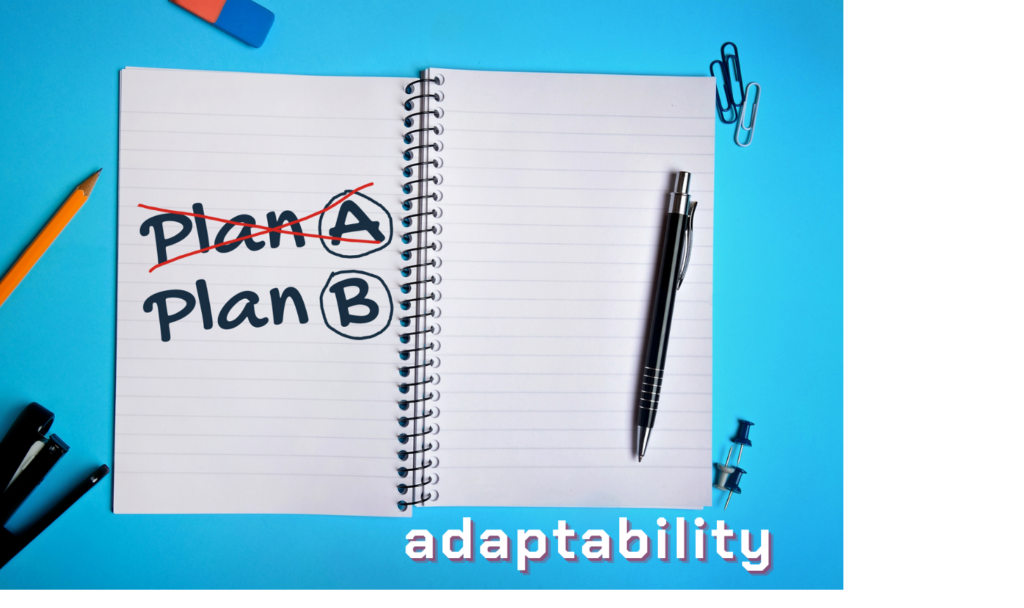
ASSESSING DELEGATION
- As you listen to the candidate’s responses, tune into how they led their team – specifically on outlining explicit expectations, providing feedback, whether the task/job/project was completed, and how they followed up.
- Be explicit and ask how they leveraged the people on their team to deliver results.
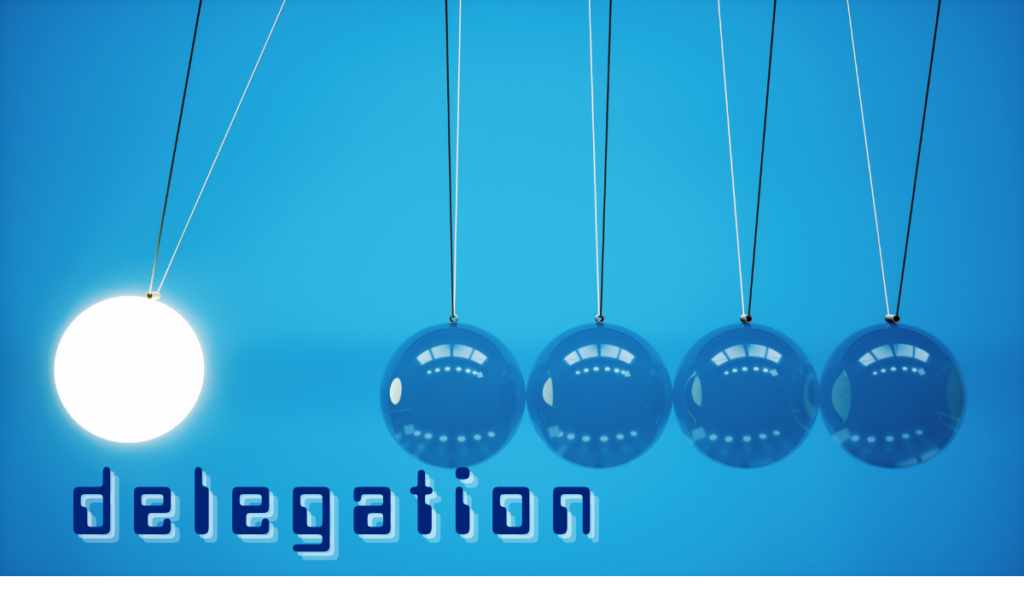
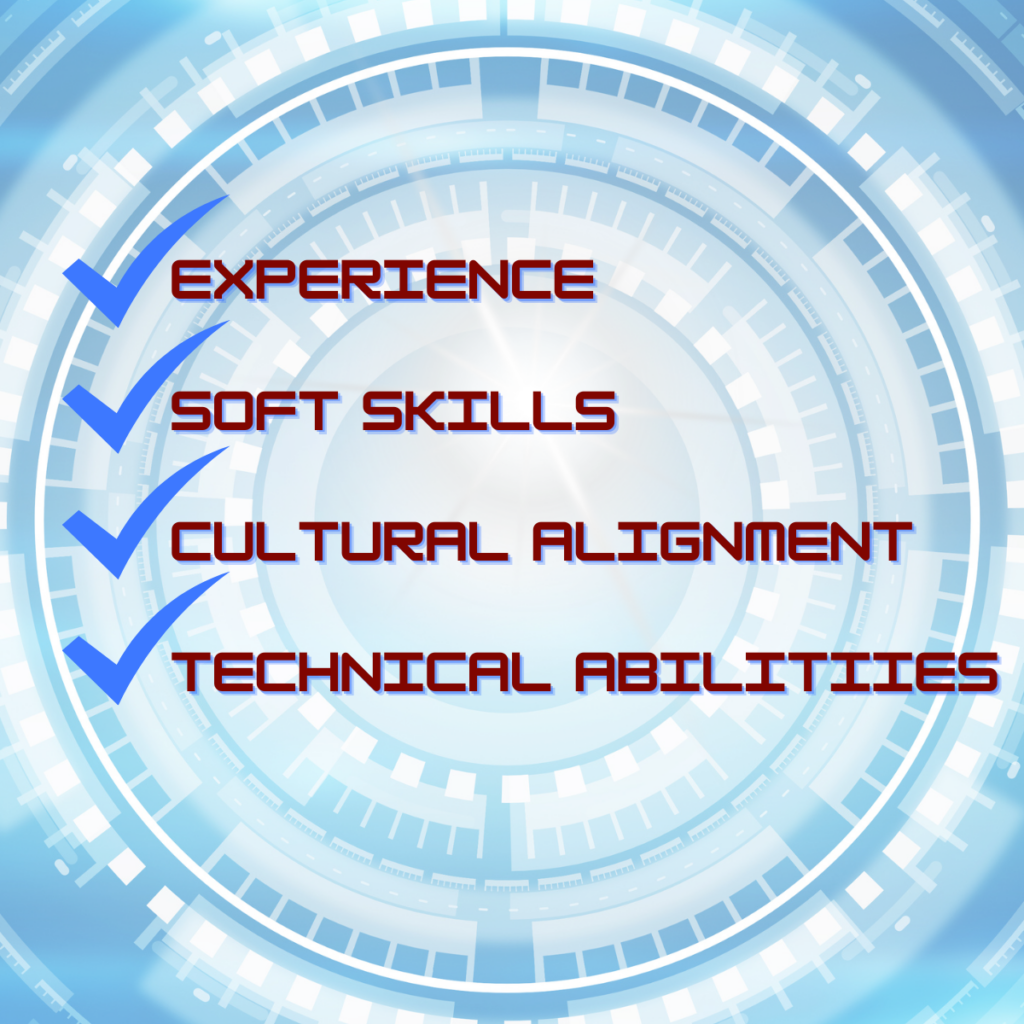
THE FINAL TAKEAWAY
It takes effort and practice to interview well. A lot of soft skills are not plainly highlighted or described during the conversation. However, you can pick up on keywords and then follow up to dig a little deeper to better understand any particular skill you are hunting.
Hiring the right new employee is tough.
In my experience, finding great people who bring the right technical experience and skills is not necessarily the biggest challenge when performing a search for a client.
The tough part is working to assess those soft skills and cultural alignment along with that great technical ability.
That’s where the magic happens!

At Siena Group, we are your Thermoforming Talent Partner! With more than 30 years of experience in manufacturing, hiring & recruiting talent, we bring a greater understanding of the companies we partner with and the candidates we pursue. Let’s Strengthen Your Search!
Share our post with others
Love what you see? Share it with your connections now.
